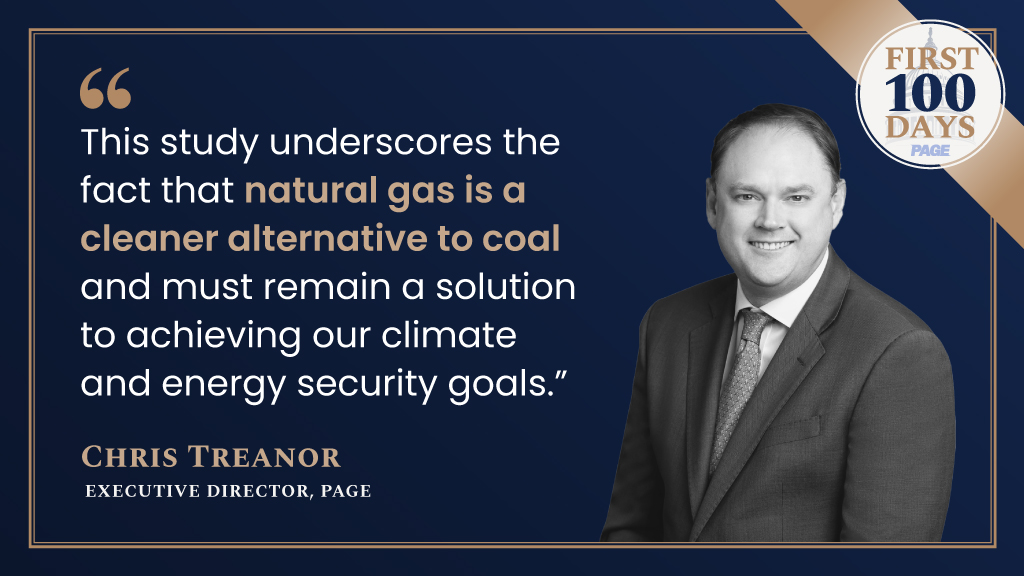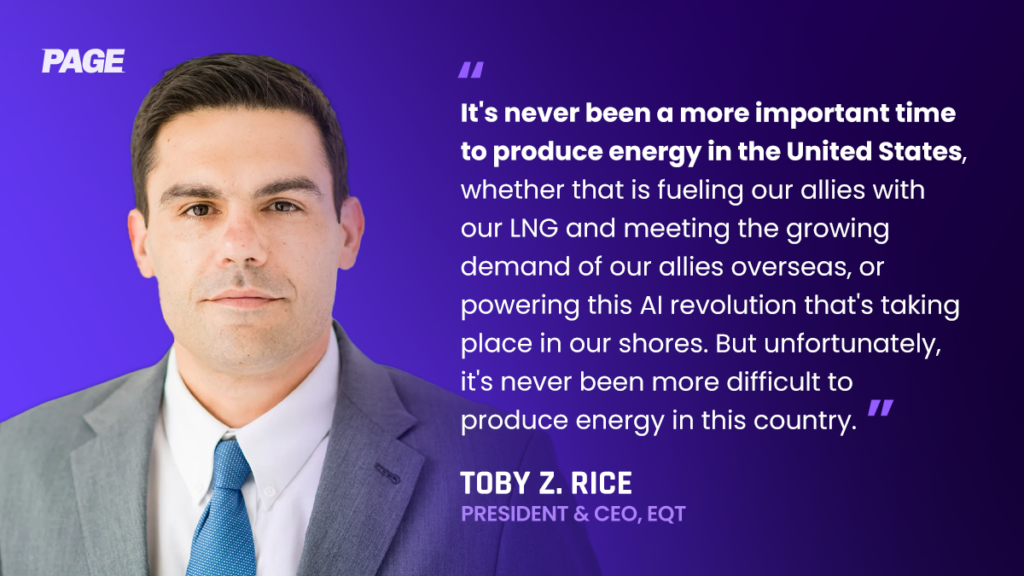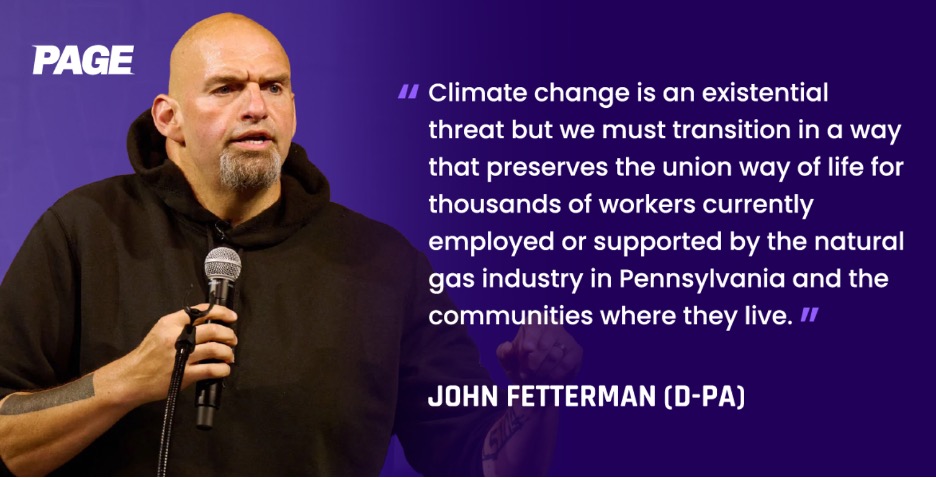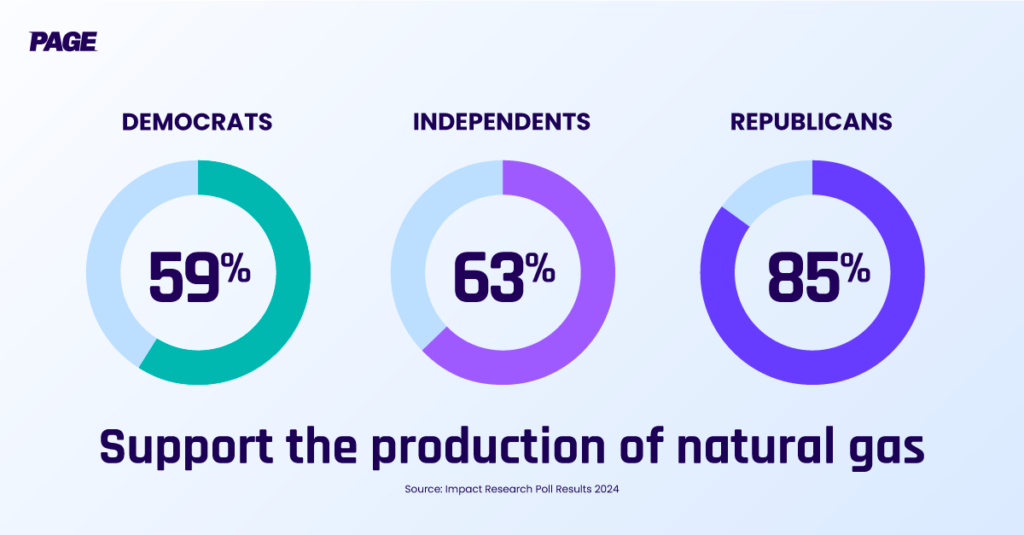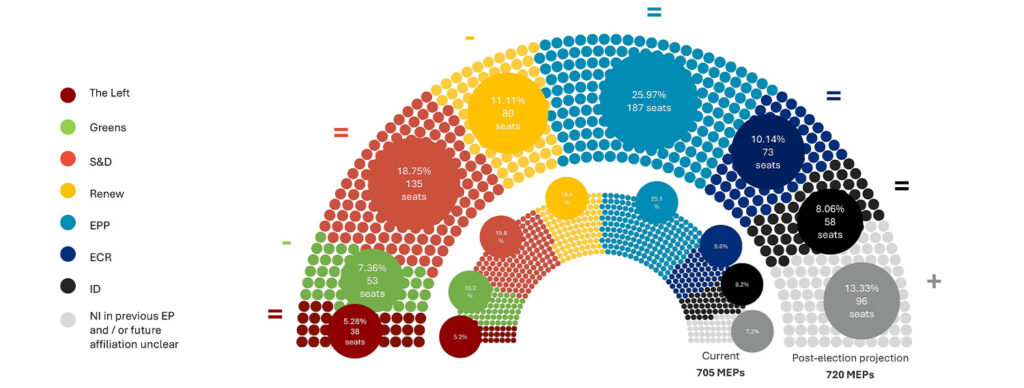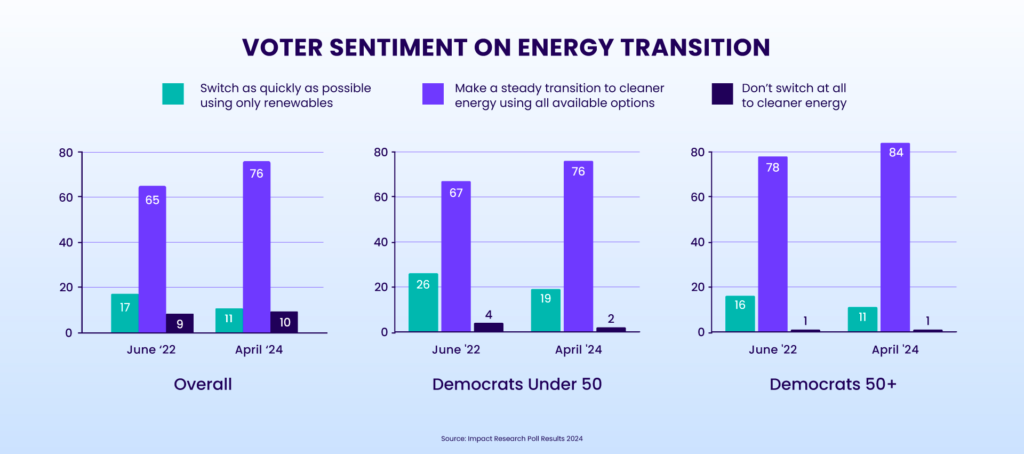The Intersection of Natural Gas, Energy Demand Growth, and National Security
On top of its ability to reduce global emissions through coal-to-gas switching, U.S. liquefied natural gas (LNG) has enhanced global energy security by protecting allies from adversaries. The world’s appetite for energy rose at a faster-than-average pace in 2024 and will continue to increase, meaning U.S. LNG will only become more important to securing the world’s energy supply. Meanwhile, the rapid expansion of AI, manufacturing, and electrification is driving domestic power needs faster than anticipated, creating another frontier of energy demand that natural gas must help satisfy.
The U.S. is confronting global energy security and climate challenges, while also working to bolster U.S. economic competitiveness and keep energy affordable. Given the strategic importance of deploying natural gas to responsibly satisfy energy demand at home and abroad, lawmakers must prioritize scaling natural gas infrastructure as a pillar of our national security.
Converging Priorities
Since the turn of the century, U.S. natural gas has been indispensable to our decarbonization efforts and global energy security. One reason the U.S. was able to satisfy both domestic and international natural gas demand over the past decade is because domestic energy production rose faster than consumption. Innovations in extraction and greater domestic energy efficiency – combined with a global market for our natural gas – created a mutually beneficial relationship between American resources and the world.
But the picture of energy demand is shifting rapidly. Global human development is driving the world’s demand for energy faster than it has before while the AI boom, reshored domestic manufacturing, and electrification are leading to similar demand growth in America.
America’s national security priorities are not an either-or proposition. Satisfying global energy demand with LNG has never been more important, and powering a new era of American economic competitiveness here at home is equally critical. The U.S. has nearly 4,000 Tcf of future gas supply, an amount that can supply domestic and international demand for many decades. But without building new infrastructure such as pipelines, we won’t be able to deliver our natural gas to consumers that increasingly rely on it.
Demand Increasing
Domestic electricity demand is growing and will continue to increase substantially in the coming decades. From 2001 to 2024, U.S. annual electricity consumption grew by only 0.5% per year. However, electricity demand is now projected to rise by nearly 16% by 2029. Power consumption by data centers alone is on course to account for almost half of the growth in U.S. electricity demand between now and 2030, and natural gas is anticipated to satisfy 60% of that demand. Growth is also likely to persist in the longer term, with U.S. electricity demand expected to increase 35-50% by 2040.
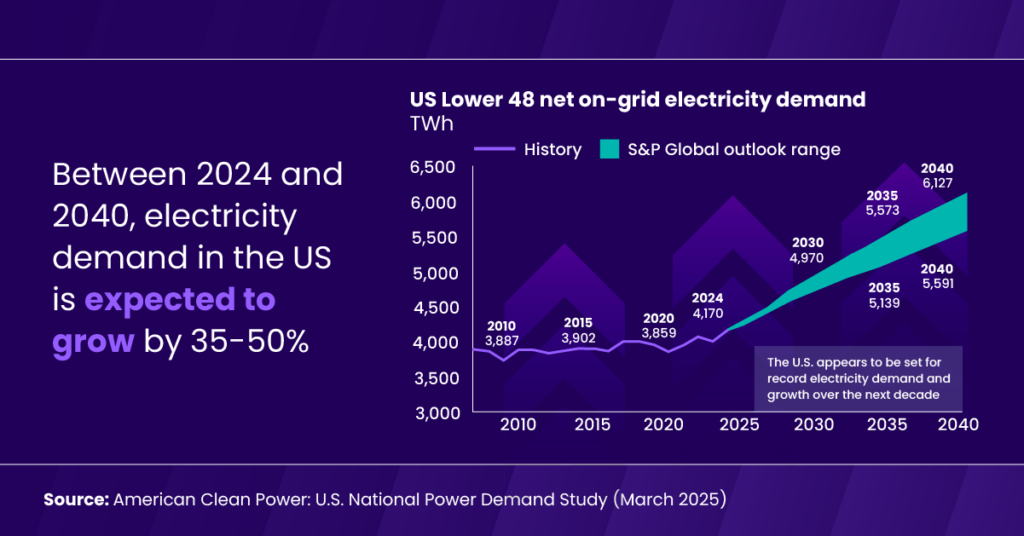
These figures are staggering, but if the U.S. wants to be on the forefront of AI and manufacturing to compete with global adversaries, lowering electricity consumption is not an option. That’s going to require a tremendous amount of new power coming online from every source we have at our disposal, most importantly natural gas which can provide 24/7 power to support other energy sources.
Meeting Needs, Lowering Emissions
Satisfying rapidly increasing energy demand requires quickly building the energy infrastructure necessary to satisfy our needs, but it is also critical to scale that infrastructure responsibly. The emissions reduction benefits of coal-to-gas switching are well established, but the methane intensity of gas systems in the U.S. also declined by 40% between 2014 and 2024, signaling that the industry is committed to continue advancing natural gas’ climate potential.
The industry is focused on building upon its innovative progress, and in doing so, we can responsibly power the American economy and secure our global economic competitiveness. With these ambitions in mind, we need action to address our infrastructure. This urgency underscores that permitting reform, which will enable the energy industry to build solutions like pipelines and LNG facilities, should be a must-pass, bipartisan legislative priority for Congress.
